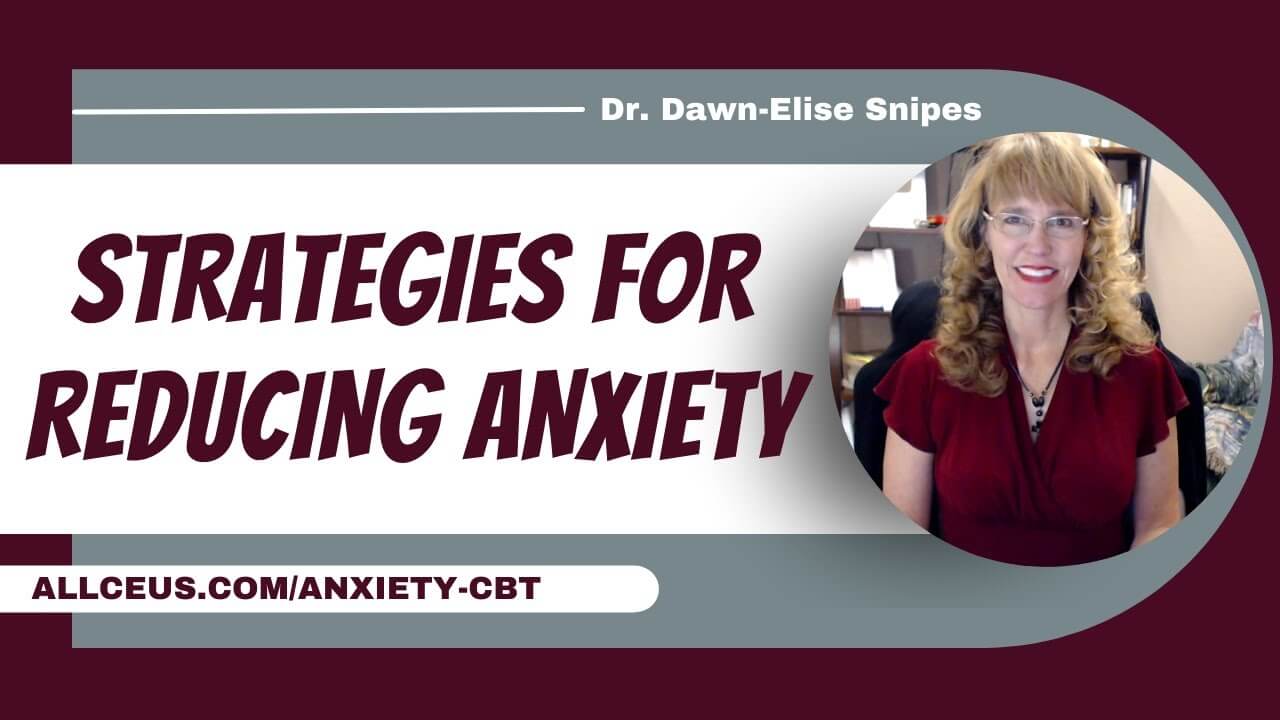We explain how you can get a better night’s sleep again. This is Simon, Simon has trouble sleeping at night. He can’t get any shut-eye, so in the daytime. He can hardly focus and is constantly tired, which puts him in a lousy mood. He wonders how he can get rid of his problem. What controls sleep anyway? It’S not just based on outside factors like lighten darkness. If it were, we wouldn’t have jetlag. In fact, it’s mainly controlled by our internal biological clock, the body’s rhythm, which governs sleep as well as the activities of our organs. The brain coordinates this by sending various signaling molecules or hormones, including the body’s built-in sleeping pill melatonin. When the body has gotten used to a rhythm, the release of the hormone is well adapted and sleep is under control when this rhythm is disrupted. That can cause a sleep disorder. Then the body needs clear signals in order to re-enter a regular sleep-wake rhythm. So Simon doesn’t just doze off at night on the couch anymore. When it’s time to sleep, he goes straight to bed. Now he can watch his favorite TV show again without getting tired, because his body knows it’s only time for melatonin when Simon is in bed following a bedtime ritual helps his body prepare for sleep. However, Simon doesn’t watch TV in his bedroom anymore and from now on always eats breakfast in the kitchen. Working or doing other things in bed is off-limits only when his girlfriend Simone visits – and he make an exception now, Simon refrains from consuming alcohol, caffeine and heavy meals because they worsen the quality of sleep instead, he makes sure to exercise that way. Simon is tired by nighttime now that Simon always wakes up at the same time. Each morning he also gets sleepy at the same time every evening, since he knows that he shouldn’t throw off the melatonin. Simon goes to sleep as soon as he’s tired. If Simon wakes up at night, he doesn’t watch the clock, but just lies there relaxed. After all, the sleep cycle also includes built-in phases of wakefulness. One sleep phase lasts one and a half hours, so it’s recommended to sleep, six, seven and a half or nine hours. That’S why Simon gets up as soon as the alarm goes off, no pressing that snooze button now Simon knows everything he needs to. For his internal clock to tick perfectly, he starts the day in a good mood, goes to work focused and has his sleep under control.

Read More: Sleep Hygiene – How to Sleep Better!






